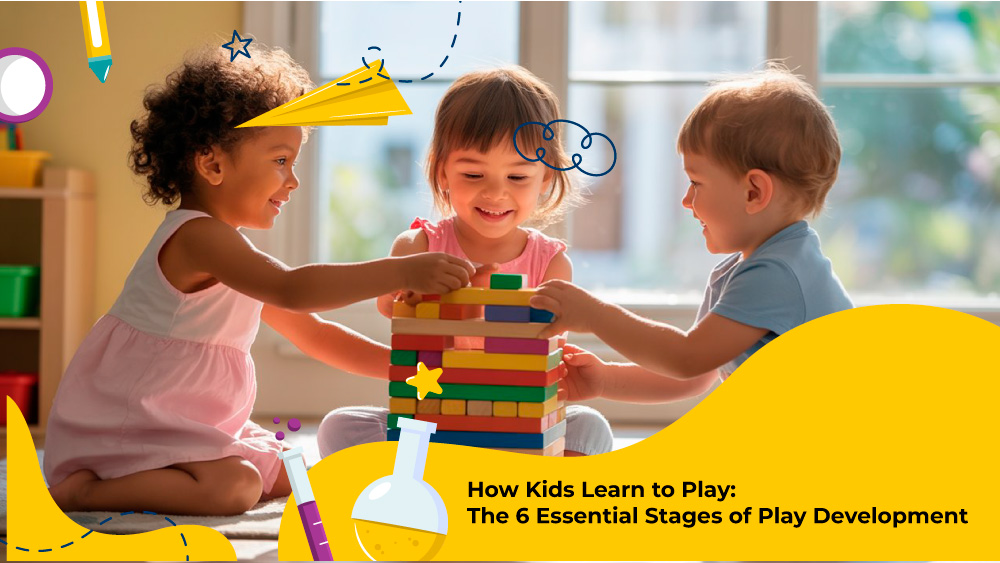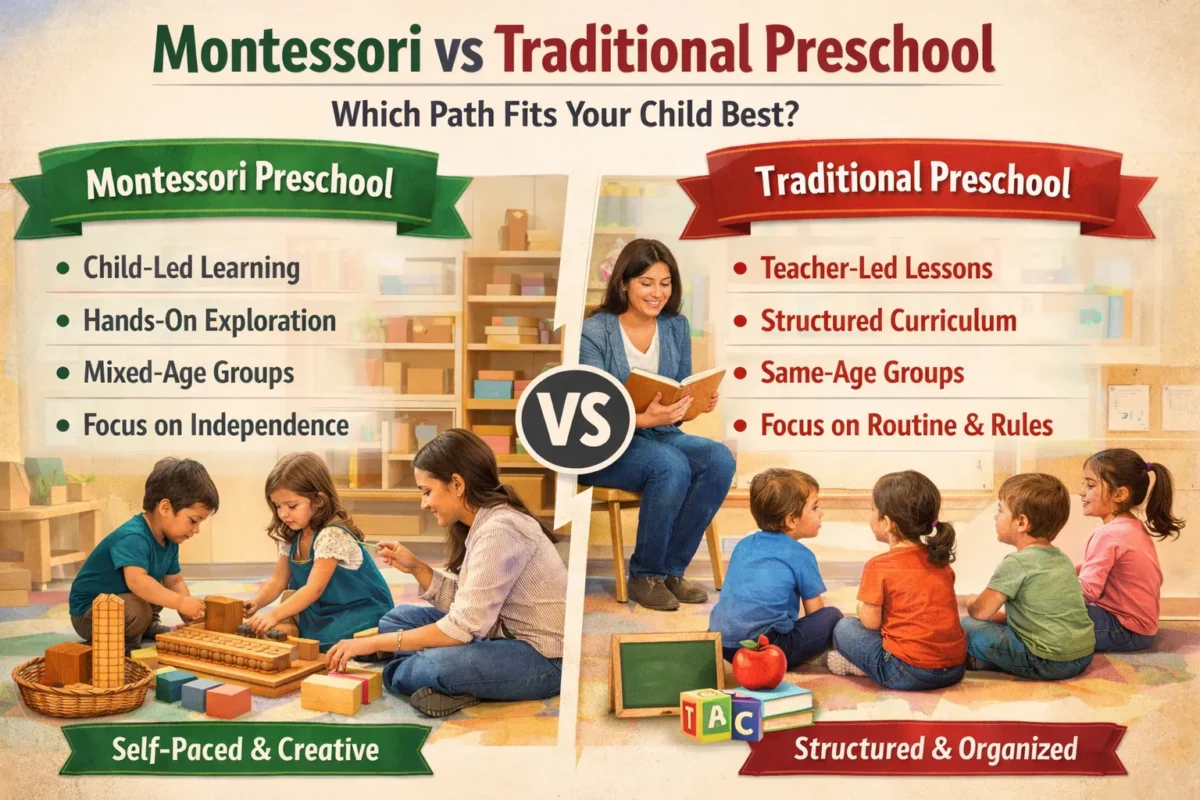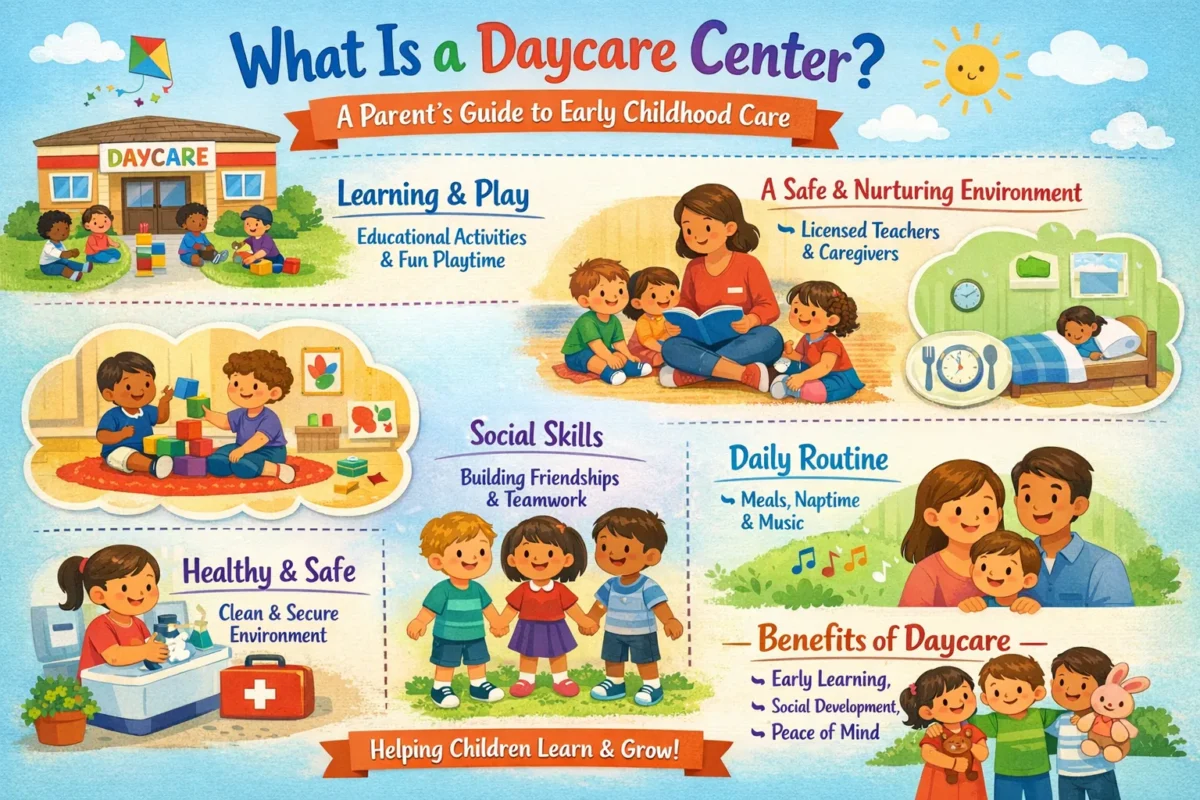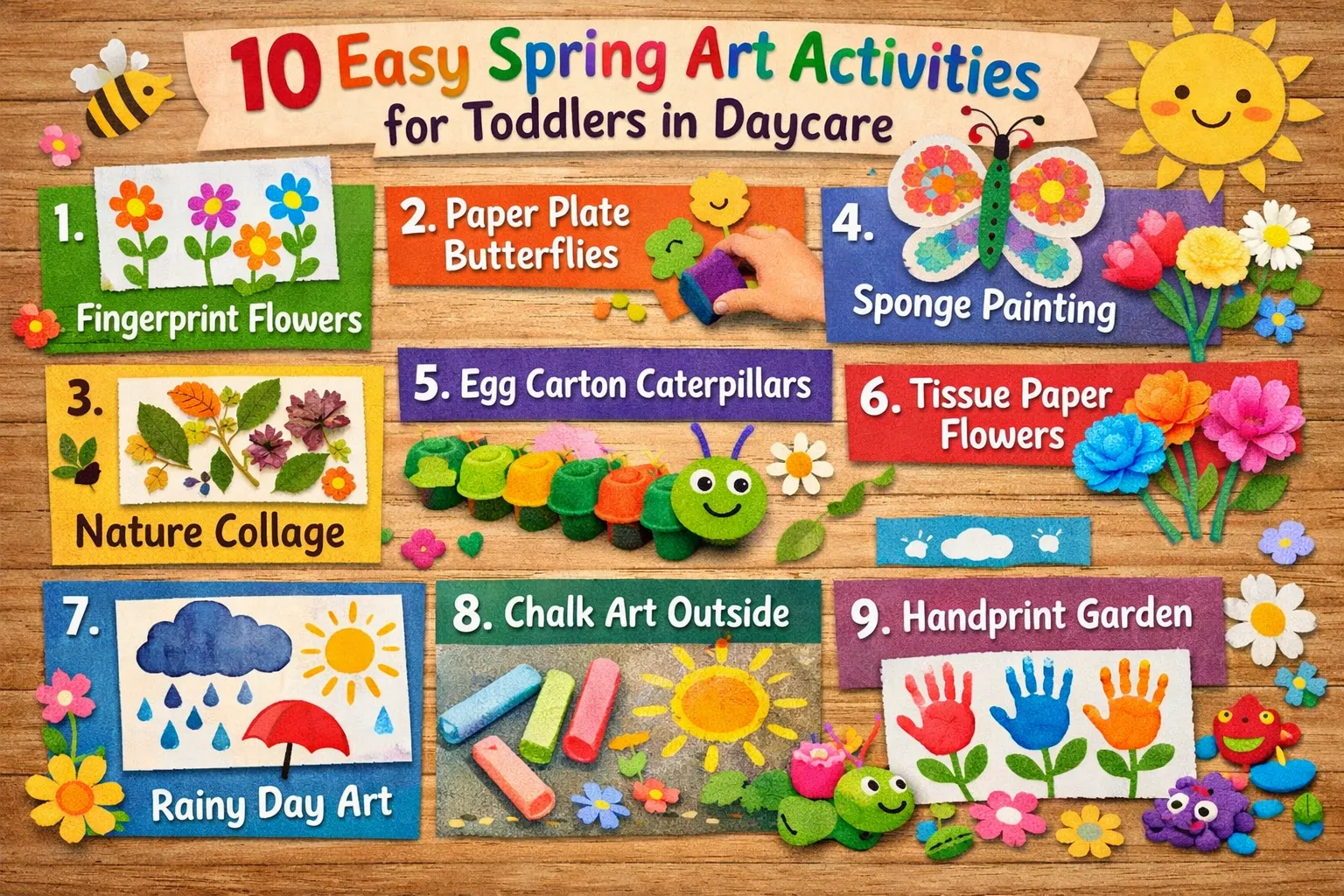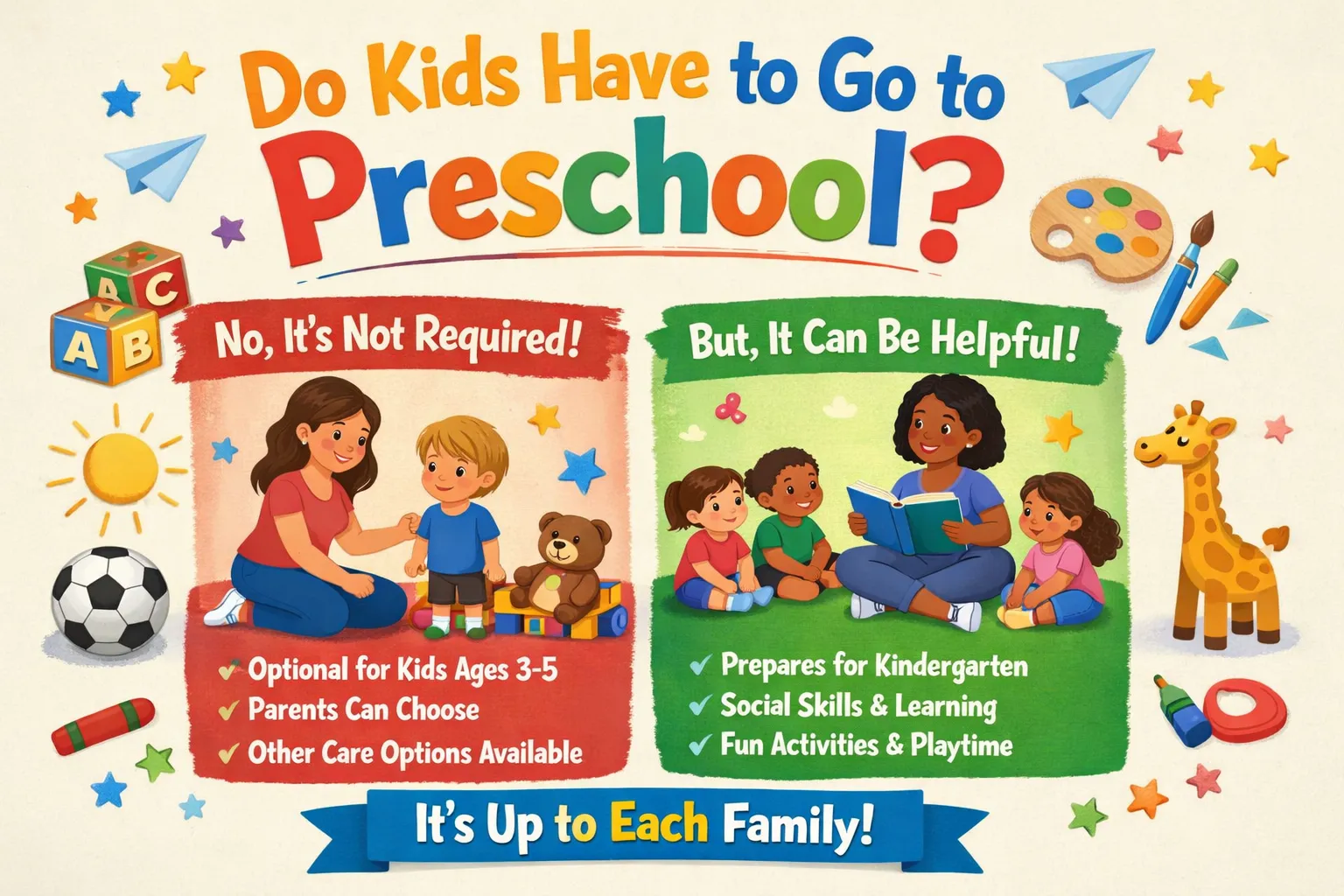Play is one of the most powerful ways young children learn and grow. From the very first months of life, play helps build essential skills that support healthy brain development, social interaction, and emotional well-being. As children grow, their style of play evolves, each stage offering new ways to explore, connect, and understand the world around them. In this guide, we’ll walk you through the six key stages of play development, helping you better understand how your child learns through play and how to support them at each step of the journey.
Why Understanding Play Stages Matters
Recognizing the different stages of play is essential for parents, caregivers, and educators because it helps them better support a child’s overall development. Each stage reflects key emotional, social, and cognitive milestones. When adults understand what kind of play is typical at certain ages, they can offer the right encouragement, activities, and environment to help children grow with confidence.
It’s also important to remember that every child develops at their own pace. Some may move quickly through certain stages, while others may take more time. There’s no “right” timeline—what matters most is providing support and celebrating progress along the way. Understanding these stages allows adults to meet children where they are, offering patient guidance without unnecessary pressure.
The 6 Stages of Play Development
As children grow, their style of play evolves—starting with simple movements and eventually developing into rich, social experiences. Each stage supports emotional, physical, and cognitive development in its own unique way. Let’s explore the six recognized stages of play.
1. Unoccupied Play (Birth to 3 Months)
In this earliest stage, infants appear to be moving randomly without a clear purpose. They might kick their legs, wave their arms, or simply stare at objects or people nearby. While it may not look like traditional “play,” this behavior is how babies begin to explore their bodies and respond to the world around them. These early movements lay the foundation for more purposeful actions in the months ahead.
2. Solitary Play (Birth to 2 Years)
Solitary play happens when children play alone, focusing on their own activities without interest in what others are doing. This is completely normal and an important part of early development. During this time, kids learn how to entertain themselves, experiment with toys, and develop independence. It’s a time for self-discovery and building confidence through solo exploration.
3. Onlooker Play (2 Years and Up)
At this stage, children begin to watch others play without directly joining in. You might notice a child standing nearby, observing with curiosity. While they’re not yet participating, they’re soaking up valuable social cues and learning the rules of interaction. Onlooker play is a sign that a child is developing interest in others and preparing to take part in group activities.
4. Parallel Play (2+ Years)
In parallel play, children play next to one another without much interaction. They might use similar toys or mimic each other’s actions, but they’re still playing independently. This stage is a bridge between solitary and social play, helping children grow comfortable around peers while still maintaining personal space. It builds awareness and begins to introduce the idea of group dynamics.
5. Associative Play (3–4 Years)
Associative play brings children into a shared space where they begin to interact—talking, sharing toys, and engaging loosely with others. While their activities may not have a common goal, they’re learning essential social skills like cooperation and communication. This stage encourages creativity and helps kids begin to understand the value of collaboration.
6. Cooperative Play (4+ Years)
In cooperative play, children actively work together toward a shared purpose—whether they’re building a tower, playing house, or inventing a game. They assign roles, follow rules, and problem-solve as a team. This is a major step in social development, teaching important life skills such as leadership, empathy, and teamwork. Cooperative play is often seen in group settings like daycare and preschool, where guided activities support this level of interaction.
Supporting Your Child Through Each Stage
Every stage of play contributes to your child’s growth, and knowing how to support them along the way can make a big difference. For parents and educators, the key is to offer age-appropriate activities that match where the child is developmentally—without pushing them ahead too quickly.
In the early months, soft toys, rattles, and mirrors encourage babies to explore during unoccupied and solitary play. As toddlers enter the parallel and associative stages, simple puzzles, blocks, and pretend-play sets are excellent for building attention and curiosity. By the time children are ready for cooperative play, group games, dress-up corners, and creative projects help them learn how to share, take turns, and work together.
A nurturing environment like a quality daycare plays a crucial role in this journey. With guided play, social interaction, and professional support, children naturally move through the stages at their own pace. At our Alpharetta daycare, we focus on creating play-rich spaces where learning and development happen through everyday experiences—making each stage of play both meaningful and fun.
Final Thoughts
Each stage of play plays a vital role in helping children grow socially, emotionally, and mentally. From the early moments of unoccupied play to the teamwork seen in cooperative play, these phases build the foundation for lifelong learning and relationships.
As a parent, taking the time to observe your child’s play can be both heartwarming and insightful. Every giggle, interaction, or even quiet moment alone is part of a meaningful developmental journey.
At our daycare Alpharetta, we understand how powerful play can be. Our caring team creates a nurturing environment where children move through these stages naturally, supported by age-appropriate activities and gentle guidance. We invite you to visit us and see how structured, joyful play can help your child thrive every day.
Frequently Asked Questions
Q1: At what age do children start playing with others?
Children typically begin to play with others around the age of 3 or 4 during what’s known as associative and cooperative play. Before this, it’s common for kids to play side-by-side or simply watch others, which are important early steps in social development.
Q2: Is solitary play normal for a toddler?
Yes, solitary play is completely normal and healthy, especially for toddlers under the age of 2. During this stage, children are learning how to explore, imagine, and enjoy their own company. It also helps build independence and concentration.
Q3: How can I encourage cooperative play at home?
You can encourage cooperative play by offering group activities like puzzles, building blocks, or pretend play that require teamwork. Model sharing, taking turns, and using kind words—children often learn best by watching adults interact.
Q4: What are signs of healthy play development?
Healthy play includes curiosity, imagination, attention span, and a willingness to explore or interact. Children may not always play the same way, but showing interest in toys, people, or games—and progressing through different play styles—is a great sign.
Q5: Can a child skip a play stage?
Children may move through stages at different paces, but typically, they don’t skip stages entirely. Each stage builds on the previous one. If you’re concerned about your child’s play behavior, it’s a good idea to consult a pediatrician or early childhood expert.
Q6: How does daycare support these play stages?
A well-structured daycare provides a variety of play experiences that match every stage of development—from quiet solo activities to guided group play. Trained educators create safe, engaging environments that support social, emotional, and cognitive growth through play.
